This article was originally published on skiesmag.com
The year 2021 saw Saskatchewan-based Transwest Air and West Wind Aviation consolidating their operations under a single new brand, Rise Air, providing both specialized charters and the largest scheduled service network in the province. Currently, Rise Air employs over 280 personnel and owns the largest fleet of fixed-wing aircraft in Saskatchewan, providing float, cargo, medevac, private charter, and corporate travel services.
Earlier this year, Derek Nice, Rise Air president and CEO, announced a planned comprehensive fleet upgrade with an investment of $100 million in the long-term future of transportation in northern Saskatchewan.
Nice started his career at de Havilland Canada and went on to work with airlines and aviation companies in Ontario, Quebec, the U.S. and the South Pacific, before settling in Saskatchewan at Rise Air since 2021.
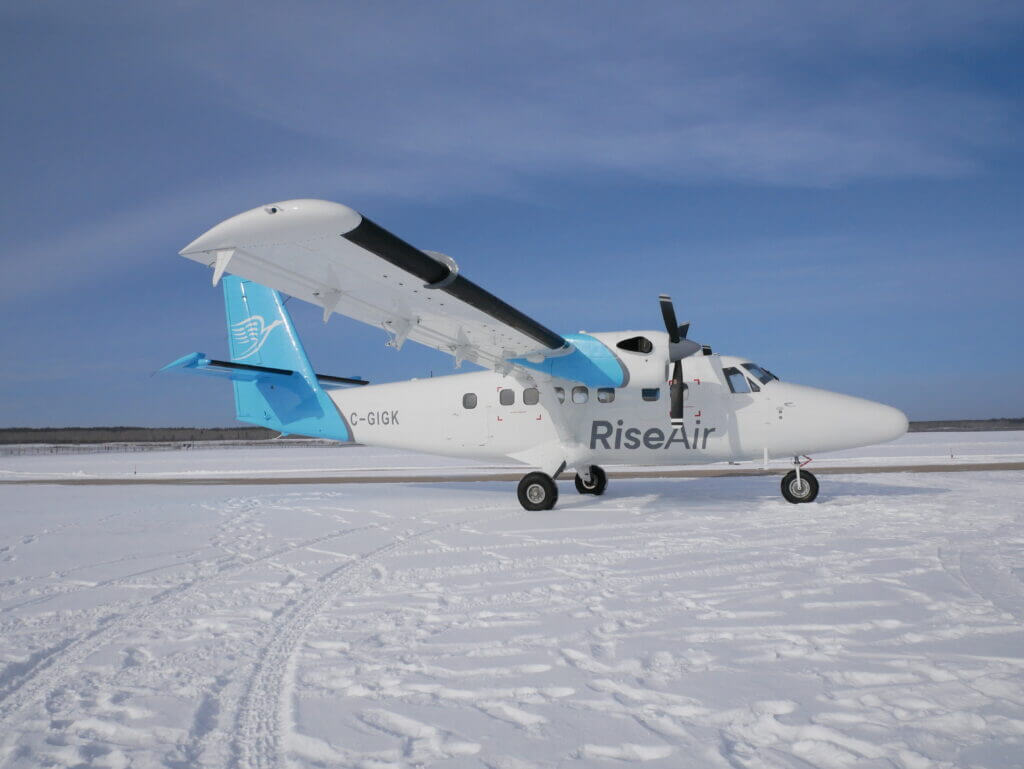
“We are acquiring newer aircraft that are more dependable, have more capacity, better performance, and can deliver a better product to our customers,” said Nice of the planned expansion.
The investment provides for upgrading the entire fleet, with the overall objective to retire older aircraft and bring in more dependable and capable aircraft.
Details of the planned expansion include: the acquisition of an ATR 42-500, with another being added this year; the acquisition of Rise Air’s first new-generation medevac King Air, to be followed by two more this year; completing the transition of the entire King Air fleet to state-of-the-art avionics and navigation systems; adding more deicing equipment and upgraded fueling facilities across the company’s network; and the introduction of a new northern schedule six days a week, with non-stop and one-stop service to and from Saskatoon, and non-stop service to and from Prince Albert from Wollaston Lake, Fond du Lac, and Stony Rapids.
Rise Air also has a network of supporting airlines in Saskatchewan, Manitoba, Alberta, and the Northwest Territories that can be called upon whenever required to fill service gaps due to short-term spikes in passenger requirements; or, if Rise Air aircraft experience unplanned maintenance. The planned expansion follows in the footsteps of the consolidation. Previous president and CEO of the West Wind Group of Companies, Stephen Smith, said in an interview with CBC that the consolidation is “going to allow us to survive,” adding that “there is no question that Covid-19 put a lot of strain [on us] because a lot of people canceled meetings, which we would provide flights for. People stopped traveling out of northern communities.”
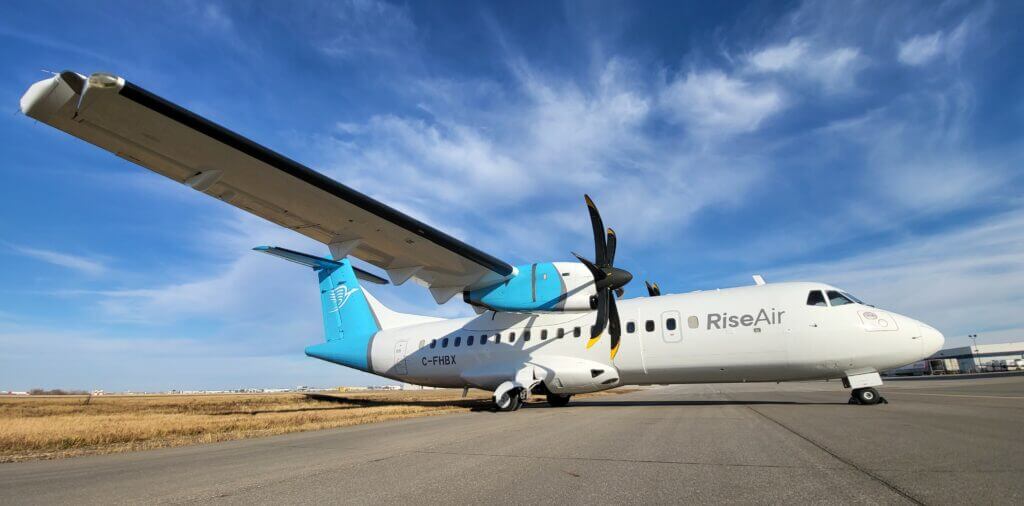
The slowdown of the uranium market and mines shutting down also had an effect, with operations down by about 50 percent. Transwest Air was already a wholly owned subsidiary of West Wind Aviation, after being purchased in 2016. However, until the latest consolidation, each had their own operating certificates.
“There’s a duplication of people in one company to have two operating certificates,” Smith said at the time. “The new cost structure will allow us to not only survive, but hopefully look to potentially grow in the future.”
According to Smith, the business is now right sized for the marketplace. “The employees that we have now are fine, in terms of we don’t have to consider reducing.”
Rise Air is a 100 percent Indigenous-owned company, with First Nations communities sharing ownership through Athabasca Basin Development and Prince Albert Development Corporation.
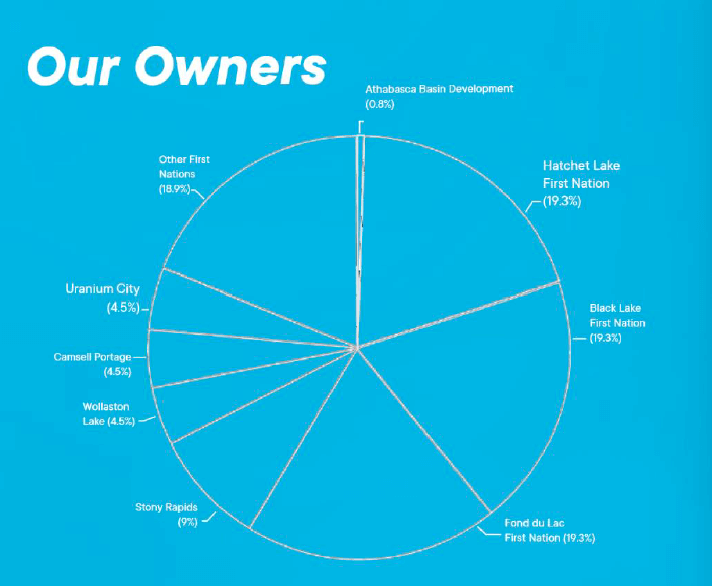
Geoff Gay, CEO of Athabasca Basin Development, noted: “The airline industry is facing unprecedented labor shortages, and we are pleased that Rise Air is determined to be resilient and address these issues. Being client focused; providing strong customer service, safe operations, [and] good equipment; and having great people strengthens their business and ultimately creates long-term value for shareholders.”
Scheduled commercial flights currently serve Saskatoon, Prince Albert, La Ronge, Stony Rapids, Fond du Lac, Uranium City, and Wollaston Lake, in addition to medevac and contract charter flights including for mine personnel shift changes and provincial court party transportation.
Rise Air is also a BARS Registered Aircraft Operator. Kevin Barnett, Rise Air’s director of regulatory compliance, explains the audit program: “The Flight Safety Foundation’s Basic Aviation Risk Standard (BARS) program is designed to provide organizations that engage contracted aircraft operators with a standard to assist in the risk-based management of aviation activities. The standard is suited to any organization that uses aircraft operators to provide contracted aviation support for their operations, particularly within remote and challenging environments.”
“We are not just buying a plane,” explained Rise Air CEO Nice. “The fleet plan is the biggest investment that Rise Air has made in our history. This is our vote of confidence in the future of aviation in Northern Saskatchewan. It’s also a statement by Rise Air that we are going to continue to be the airline of choice in the North.”
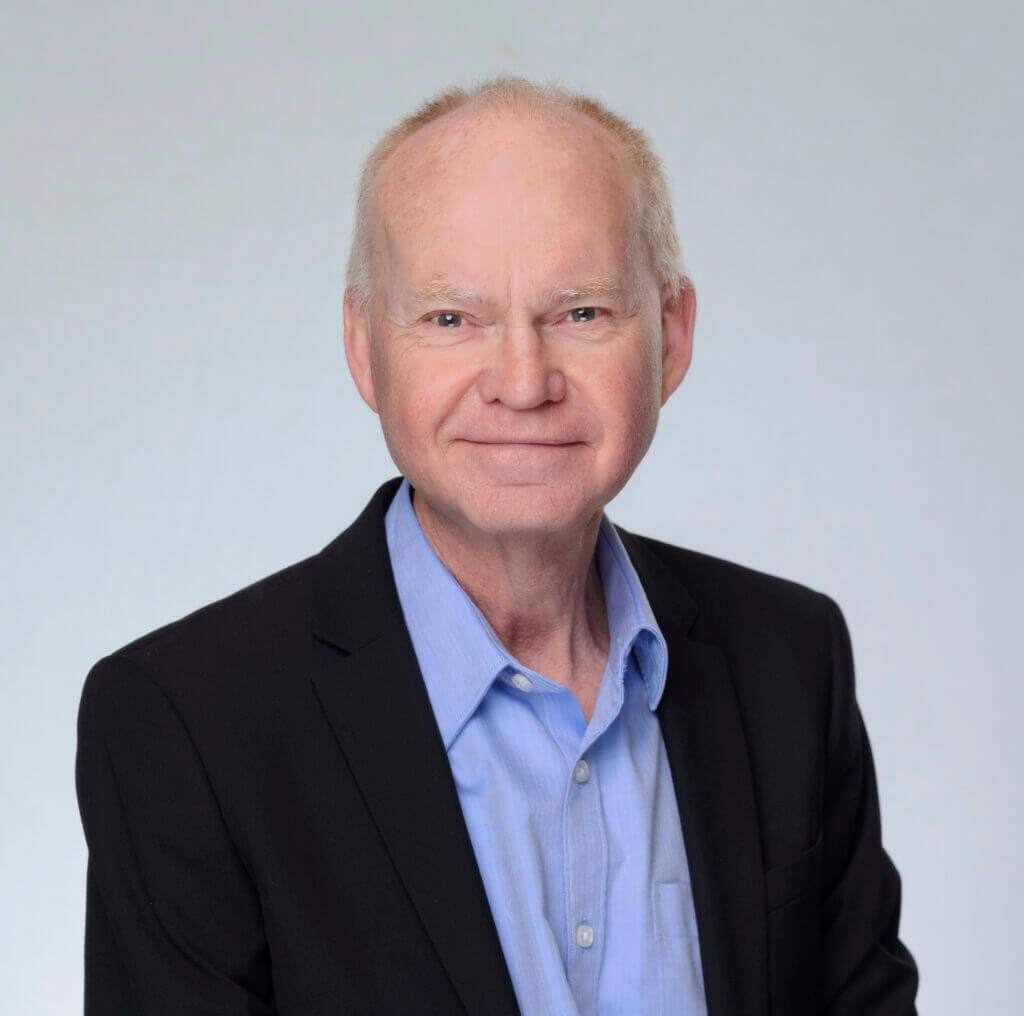
The planned expansion is already underway. IGK, one of Rise Air’s DHC-6 Twin Otters wearing the company’s new color scheme, is an example of the refit philosophy at Rise Air. The aircraft has been through a major upgrade, including a new, more comfortable, practical interior following a floor-to-ceiling refit.
As well, new acquisitions include an ATR 42-500, selected as the right aircraft type to serve Saskatchewan’s northern communities after an in-depth assessment of all the alternatives.
Dan Gold, director of communications and stakeholder relations, highlighted the aircraft’s many advantages: “[The ATR 42-500] is more modern than the planes in our current fleet. It has upgraded engines, it’s faster, and it can handle a larger payload, so it can carry more cargo and more passengers on the routes where demand is highest.”
Along with the acquisition of new aircraft, the expansion includes removing old branding from marketing; uniforms and company clothing; infrastructure; vehicles; and aircraft to showcase the new Rise Air visual identity.
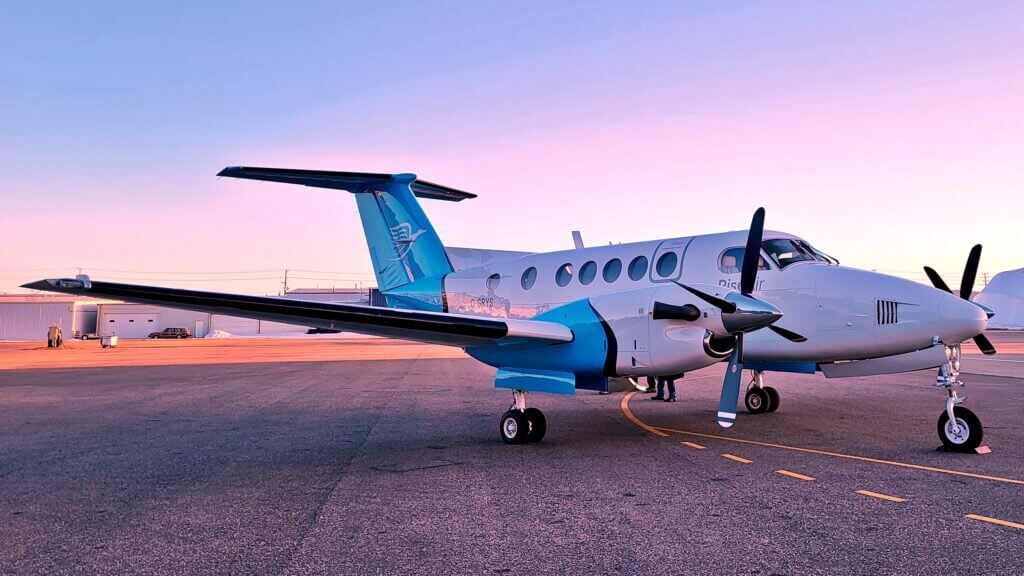
Gold also emphasized the importance of community involvement.
“Rise Air is invested in the well-being of the communities in which the company operates through corporate giving and community sponsorship activities, including in-kind donations, volunteer programs, and charitable contributions to support organizations that help address the needs of those communities.”